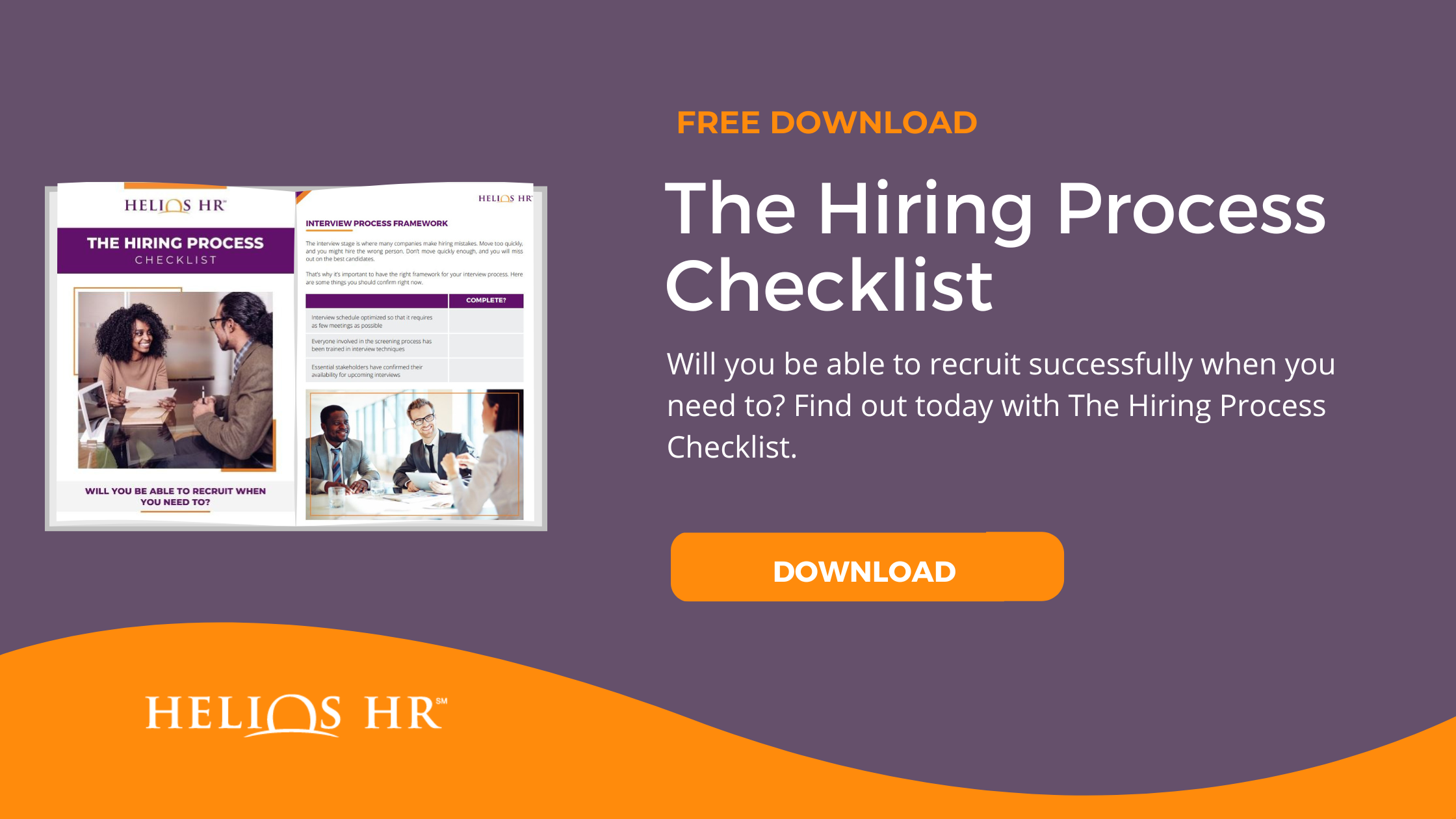By: Antonio Merrick on December 13th, 2022
Strengthen Your Team with a Veteran Recruitment Program
There’s a strong business case for supporting DE&I initiatives. An inclusive hiring process gives you access to a bigger talent pool, which makes it easier to find that perfect fit.
A veteran recruitment program has the same business benefits. People with military experience are often highly skilled and hard-working. However, veterans can face obstacles when transitioning to civilian employment. One study found that 33% of veterans are underemployed, which means that employers are missing out on all this potential.
Many large companies have created dedicated veteran recruitment programs, with full-time staff focused on these candidates. That’s not workable for every company, especially if you have a tight recruitment budget.
If so, don’t worry. There are still lots of ways you can access veteran talent.
Questions to ask before planning your veteran recruitment strategy
Before you begin, take some time to work with leadership, your HR team, and any other stakeholders in the recruitment process.
It’s important to get a picture of where you are right now. Here are some questions to ask:
- Do business leaders and stakeholders understand the value of hiring veterans?
- What opportunities can you offer military veterans?
- Does your current recruiting team have experience with veterans?
- How much can you invest in military-specific employer branding?
- Does your business have the resources to support a dedicated veteran recruiting program?
- How will you onboard and train veteran hires?
- Can your Human Resource Department and hiring managers provide veteran candidates with suitable professional development resources?
- Do you offer benefits and Total Rewards that appeal to veterans?
- Do your veteran employees have internal resources, such as an Employee Resource Group?
- How are veterans included in your organizational culture?
Having a conversation around these questions will help you understand your current state. Next, you’ll have to think about how to build your veteran recruitment program.
Four types of veteran recruitment program
If you look at how other companies hire candidates with a military background, you’ll see that there are four tiers of veteran recruitment programs. They are:
- Veteran recruiting as part of DE&I
- Veteran-focused employer branding
- Basic veteran recruiting program
- Dedicated veteran recruiting team
Tier one: Veteran recruiting as part of DE&I
If veterans are not applying to your company, it could indicate a DE&I issue. DE&I affects hiring when candidates feel like they don’t “fit” your culture, or because your employer brand is not reaching that audience.
Some things you can do to tackle this include:
- Use surveys to learn more about the candidate experience
- Connect with organizations like US Chamber Foundation's Hiring Our Heroes (HOH) programs
- Post adverts in your state’s job bank
- Advertise open positions on specialist job sites like HireVeterans or Military.com
- Encourage veterans to participate in your employee referral scheme
- Become a certified veteran employer through programs like the Virginia Values Veterans (V3) program
Make sure that veterans have a voice in your hiring process too, especially at the interview stage.
You can also participate in fellowship and career development programs through the Department of Defense Skillbridge or the Hiring Our Heroes fellowship program. Both programs are free to veterans and employers.
Tier two: Veteran-focused employer branding
Veteran recruitment makes good business sense—veterans tend to outperform their civilian colleagues, and their retention rate is 3% higher.
Investment in a veteran recruitment program makes sense, if you have the resources. The first area to tackle is your employer branding, which means:
- Creating new print and digital content aimed at veterans
- Building a Veterans section on your careers portal
- Celebrating the role of veterans in your organizational culture
- Attend military-related employment fairs
- Invest a portion of your recruitment resources into building a veteran talent pipeline
As with any employer branding exercise, it’s important to measure and refine your approach. Keep track of the veteran candidate experience, including applications received, successful hires, and retention after 12 months.
Tier three: Basic veteran recruiting program
You’ll need at least one FTE to run a dedicated veteran recruitment program. Usually, this person has the title of Military Veteran Recruiter. They will have experience working with ex-military candidates, or they may be veterans themselves.
Your Military Veteran Recruiter will perform duties such as:
- Overseeing military branding
- Designing a veteran-friendly hiring process, including interviews and onboarding
- Working with other hiring managers and DE&I champions
- Building relationships with military transition assistance programs
- Flagging any issues that may impact veteran inclusion
If you don’t have anyone in-house that can act as a Military Veteran Recruiter, you can look at Recruitment Process Outsourcing (RPO) options. Helios HR has a team of experienced recruitment consultants, many of whom have served.
Tier four: Dedicated veteran recruiting team
At the highest level, your veteran recruitment program will have:
- Head of Veteran Recruitment, who reports to the CHRO
- Dedicated veteran recruitment team
- Marketing and employer branding budget
- Training and apprenticeship programs to help with the transition to the civilian workforce
This approach requires substantial investment, which is why it’s generally limited to large corporations. Government contractors that hire lots of veterans might also look at building a dedicated team.
Need help with your veteran recruitment program?
Building a veteran recruitment program takes time and expertise. Recruitment Process Outsourcing (RPO) can help you get up and running, allowing you to make the most of veteran talent.
Want to talk to the RPO experts? Book a call with Helios HR today and let's talk about how you can build a winning team.






